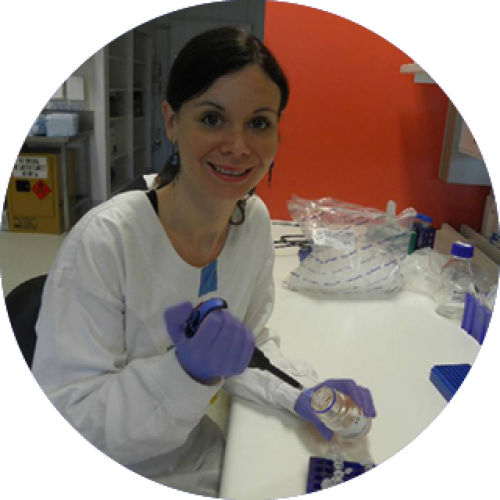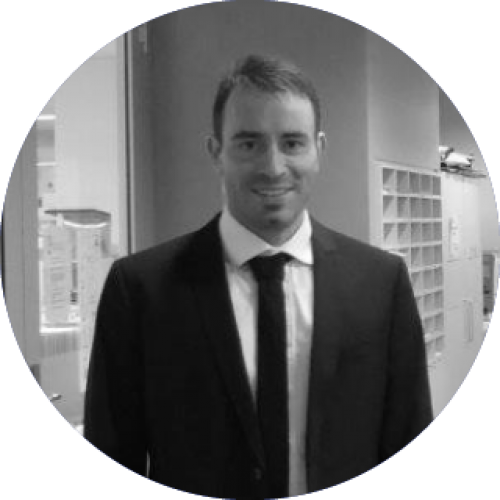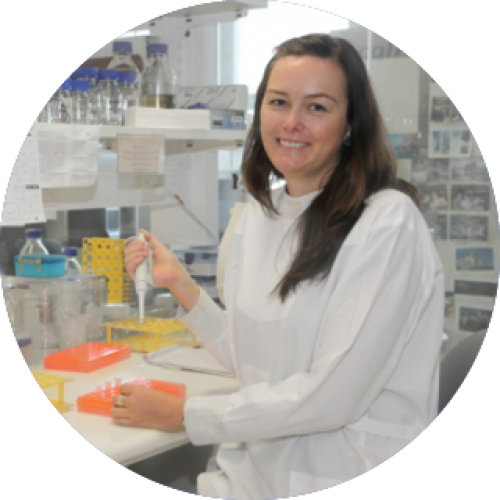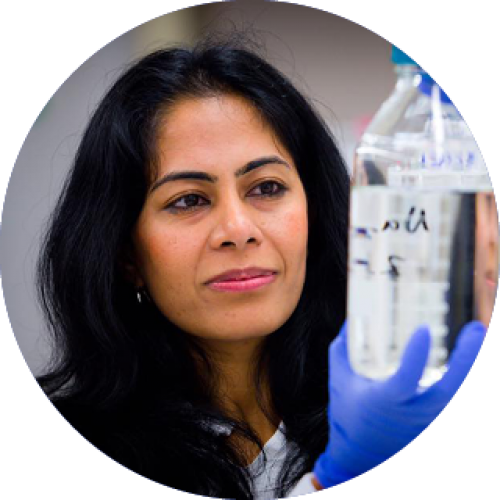When Dr Camille Guillerey was a child, she loved cartoons that pictured the immune system as characters killing microbes to keep people healthy.
“I still have this vision of immunology!” she laughs.
It is these ‘killer’ immune cells that are the focus of her research.
“I’m fascinated by how our immune cells interact to protect us from infections and cancer,” she says.
Camille has already contributed to research that demonstrates that ‘killer’ immune cells can slow the growth of blood cancers, and that the functioning of these cells can be stimulated by certain immunotherapy drugs. She is studying how to better educate these ‘killer’ cells through vaccination research, so they can recognise and eliminate cancer cells.
“The work should help us design better treatments”.
Blood cancers are a major health problem with around 12,000 new cases expected in Australia this year.*
Fighting Cancer is a Team Effort
Camille believes that funding early-career researchers is crucial to finding a cure for cancer.
“Indeed it will be impossible,” she says, “if more early-career researchers aren’t able to develop as independent scientists and thereby aggregate the number of experts working in the field.
“Even if there’s a long way to go, fighting cancer is a team effort where everyone’s contribution matters.”
Camille gained her PhD in Immunology in 2013 at the Pasteur Institute in Paris, before moving to Australia, in November 2018, she joined A/Prof Kristen Radford at Mater Research.
Dr Camille Guillerey is funded by the Can Too Foundation. She was a 2017, 2018 and 2019 grant recipient.










